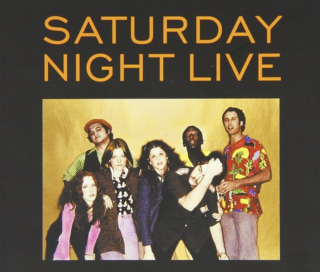The retelling of hip-hop history centers men, often excluding the women in the same frame, so if you haven't heard about MC Sha-Rock, original member of Sugar Hill's Funky 4 + 1, and the first woman MC, you're not alone. She was such a titanic force in early rap communities that even DMC, one third of the game-changing group Run-DMC, cites her as an influence. Yet she is not given her due as a trailblazer.
But Sha-Rock has receipts. Using her personal mementos, Sha-Rock takes us through her entry into early hip-hop culture as a B-girl, her emergence as a pioneering MC, her groundbreaking (pregnant!) performance on Saturday Night Live and her long-running fight to preserve her legacy, in her own words.
The very moment [I got] my taste for hip-hop is 1976 as a B-girl — you know, being out there, break dancing, watching young kids move around throughout the Bronx, traveling as nomadic B-girls and B-boys, just to hit those breakbeats. The MCing came in 1977. The first person that I saw breakdance was friends of mine that had went to junior high school with me. They taught me what it was to uprock, what it was to just hit the beats whenever you hear that certain break beat.
From there, you know, I used to travel and watch the famous twins perform, back then were called the N**** Twins, now they are called the Legendary Brothers, Keith and Kevin. I used to travel around with them to B-girl, to every park jam, every DJ that played, every house party, every hip-hop venue. I traveled all over the Bronx just to be a part of the whole scene.
The circle was always male-dominated. It was a young male sport at the time. I was sort of like a tomboy growing up. But there was just a feeling that you knew you had to be a part of. Some of us was living in poverty, politicians always doing their own thing. So when we came within that circle, that was our way to get away from all the other negative stuff. I mean, just being out there in the street and just listening to some of this, the sounds and the music and the percussion — it just gave you a feeling like you could just take on the world. It just empowered you as a woman.
